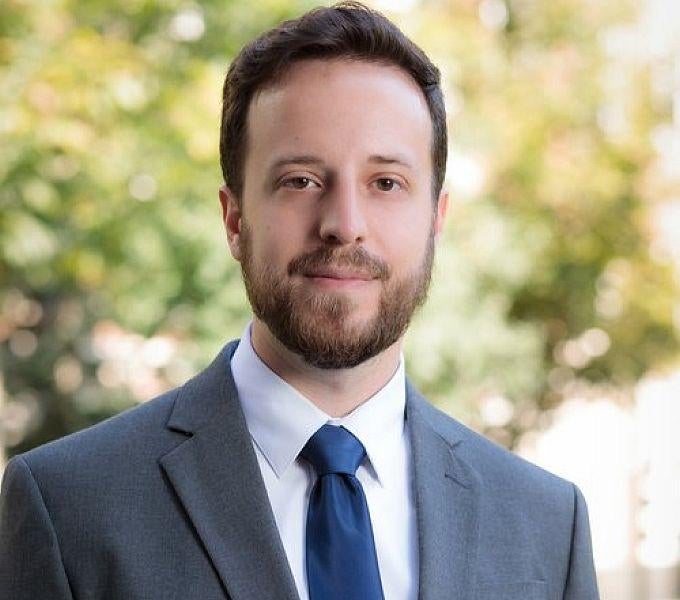Contributions to Public Health
- I am a health economist whose research focuses on how public policies can reduce harms from addictive substance use at the population level. My work on this topic features applied economic theory, state-of-the-art econometric methods, and large and novel datasets.
- Supplier enforcement and opioid overdose deaths: One of the principal policy responses to the opioid epidemic has entailed shutting down prescribers, dispensers, and distributors who supply excessive amounts of prescription opioids. Prior literature is unclear about whether these interventions are likely to reduce overdose mortality or be undermined by prescription opioid users switching to more dangerous substances. Taking advantage of differential exposure to enforcement across U.S. counties from 2006-2014, I found these interventions reduced mortality—with the average intervention preventing 11 deaths.
- Donahoe, JT. “Supplier Enforcement and the Opioid Crisis.” 2024. (An earlier version of this manuscript received the ASHEcon 2023 Student Paper Award)
- Why has the opioid epidemic lasted so long? Opioid death rates in the U.S. rose nearly continuously for over three decades. In recent work (with David Cutler), we study whether this was due to exogenously increasing demand or supply of opioids or endogenous increases in demand due to addiction and spillovers in demand for opioids across people. Using county-level data on overdose deaths combined with data on friendships between counties, we find that endogenous increases in demand are a major reason for the long epidemic.
-
David Cutler and Travis Donahoe. 2024. “Thick Market Externalities and the Persistence of the Opioid Epidemic.” National Bureau of Economic Research Working Paper # 32055. (Media coverage: Harvard Gazette, Freakonomics Radio)
-
Education
Harvard University, Cambridge, MA | PhD, 2023 | Health Policy (Economics track)
University of Michigan, Ann Arbor, MI | MPH, 2018 | Health Management and Policy
Marshall University, Huntington, WV | BBA & BS, 2016 | Management & Public Health
Teaching
HPM 2028 Microeconomics Applied to Health
